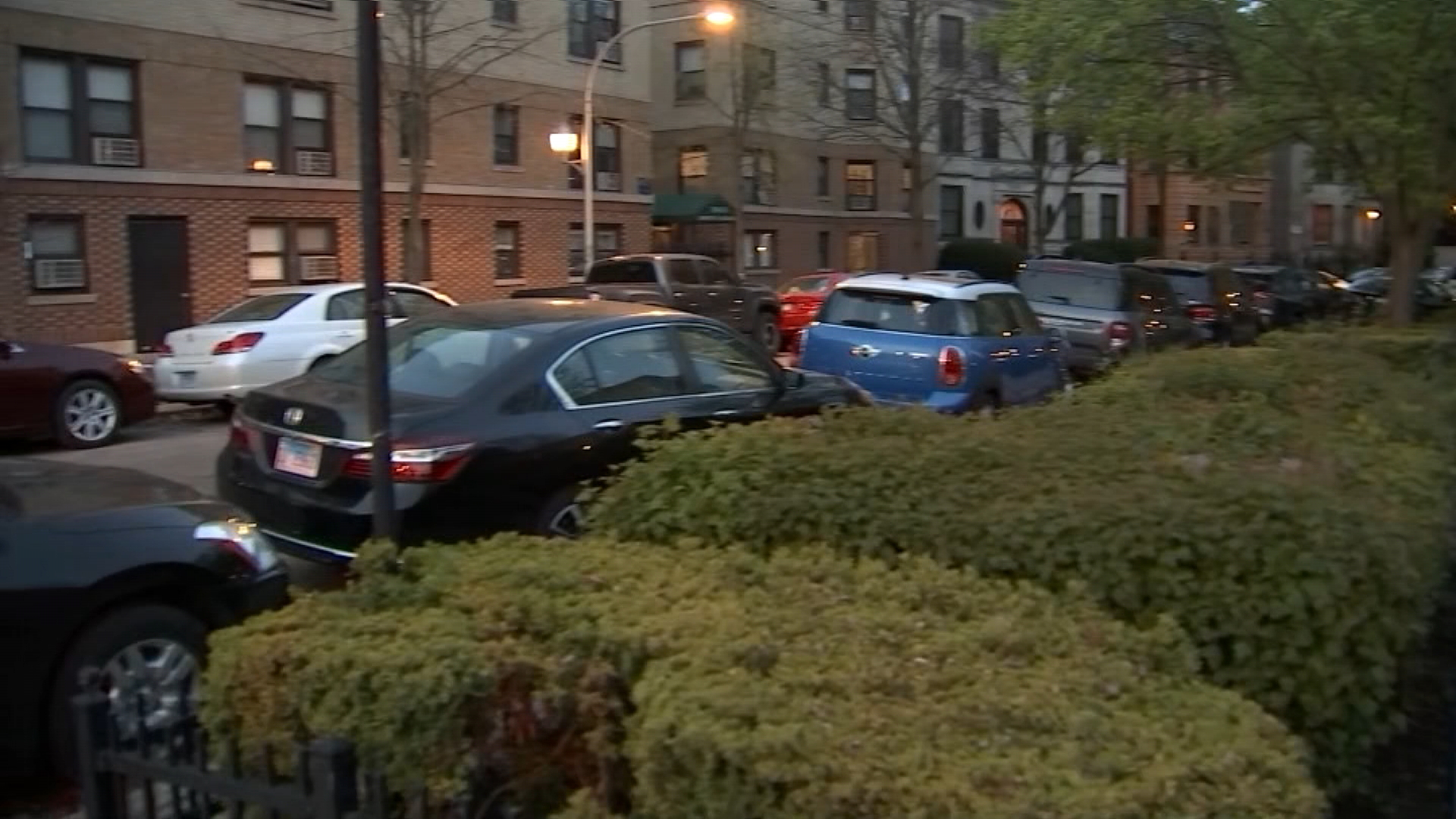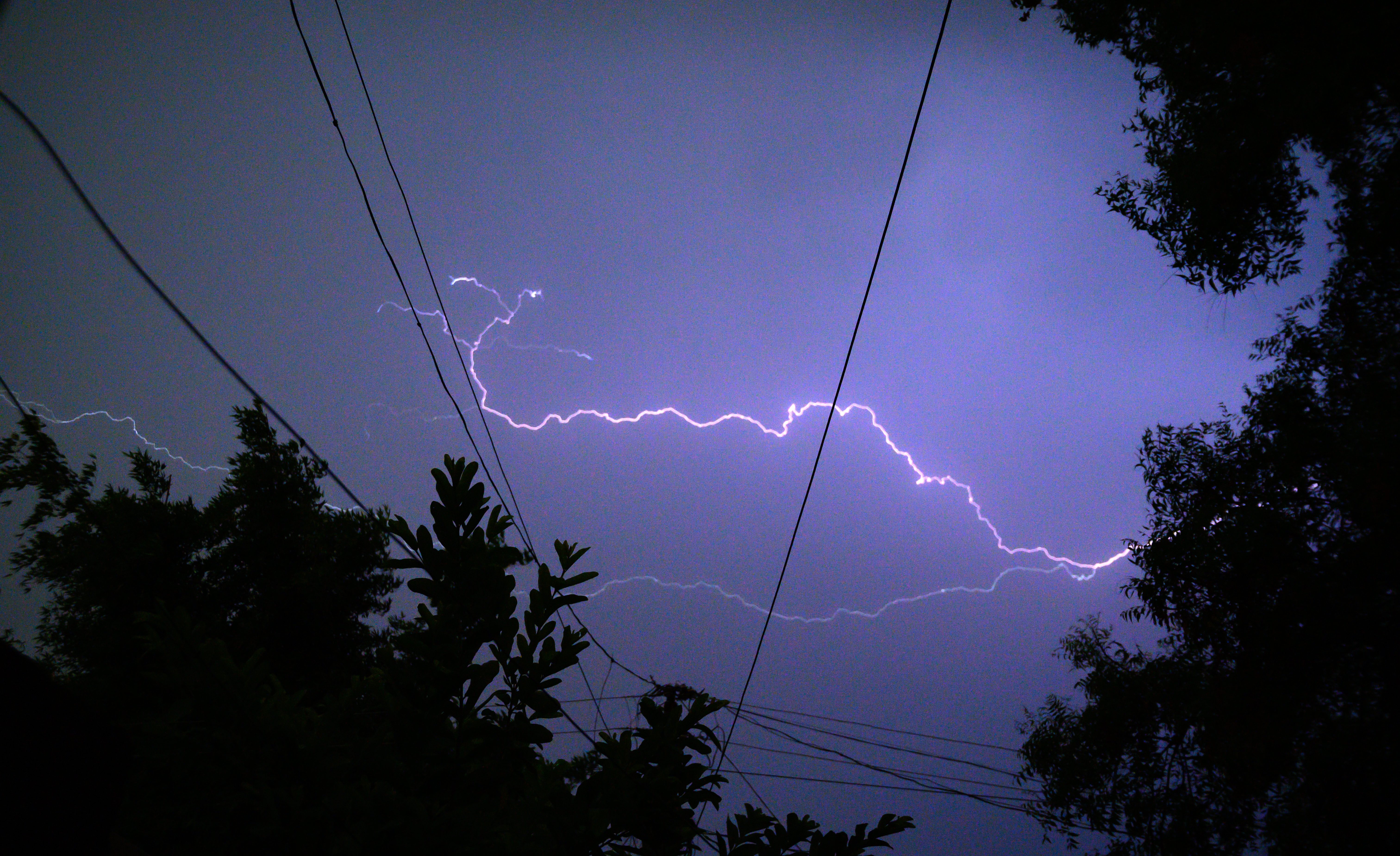Chicago Mayor Lori Lightfoot has a tough sell ahead as she tries to convince at least 26 Chicago aldermen her budget plan — a mix of higher taxes and fees — is the best way to fill a $1.2 billion hole in the city’s budget.
Among the changes included in the plan, Lightfoot is proposing new speed camera fines. The new plan would mean those driving six miles per hour over posted speed limits would get a warning. If a driver is caught twice, they would then receive a $35 ticket in the mail.
Currently, those citations only happen for those driving 10 miles per hour over the limit.
The $100 speed camera fine comes when drivers are exceeding the speed limit by 11 or more miles per hour.
While such measures are bound to be controversial and potentially unpopular, Lightfoot says she is trying to explore as many options as possible, but concedes that there may be some painful choices “There’s not a lot of good choices,” she said in a one-on-one interview Monday. “If somebody’s got a better idea on how to close a $1.2 billion dollar budget deficit that doesn’t hurt our economy and doesn’t decimate city services, we’re open to it.”
During the interview, Lightfoot defended her decision to raise property taxes. For someone who owns a $250,000 home, they would pay an estimated $56 more per year under the new plan.
“Nobody likes property taxes, and I’ve been very clear, property taxes are a last resort, but this is a last resort budget,” she said.
Local
Chicago’s budget also impacts the Chicago Police Department. That department will see more than 600 vacancies remain unfilled under Lightfoot’s proposal.
The budget deficit issues, while present for years in the city, are being exacerbated by the impact of the ongoing coronavirus pandemic on both businesses and tourism, two big sources of revenue for the city.
Lightfoot also expressed concern about a recent uptick in cases in the city, as Chicago’s positivity rate on new tests has climbed to 7.7% in recent weeks, just shy of the 8% threshold that could trigger new restrictions from the Illinois Department of Public Health.
While new rules are being put in place for businesses and restaurants in the city, Lightfoot says that a lot of the spread hasn’t necessarily been random, and that residents should be careful about the sizes of gatherings that they are attending or hosting.
“What we’re seeing is two-thirds of the people of late — who are reporting COVID-19 positive — when we interview them they say I got if from someone I know,” Lightfoot said.
In the wide-ranging interview, Lightfoot also reacted to word over the weekend that former Chicago Police Supt. Eddie Johnson had turned himself in to authorities after a reported domestic incident.
“If the allegations — that there was a domestic incident — are true, there’s a child in the house and I hope that the superintendent is taking up the number of people who’ve reached out to him, care about him, and that he gets some help and intervention,” she said.



